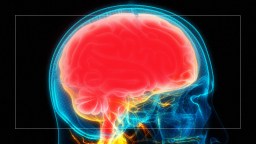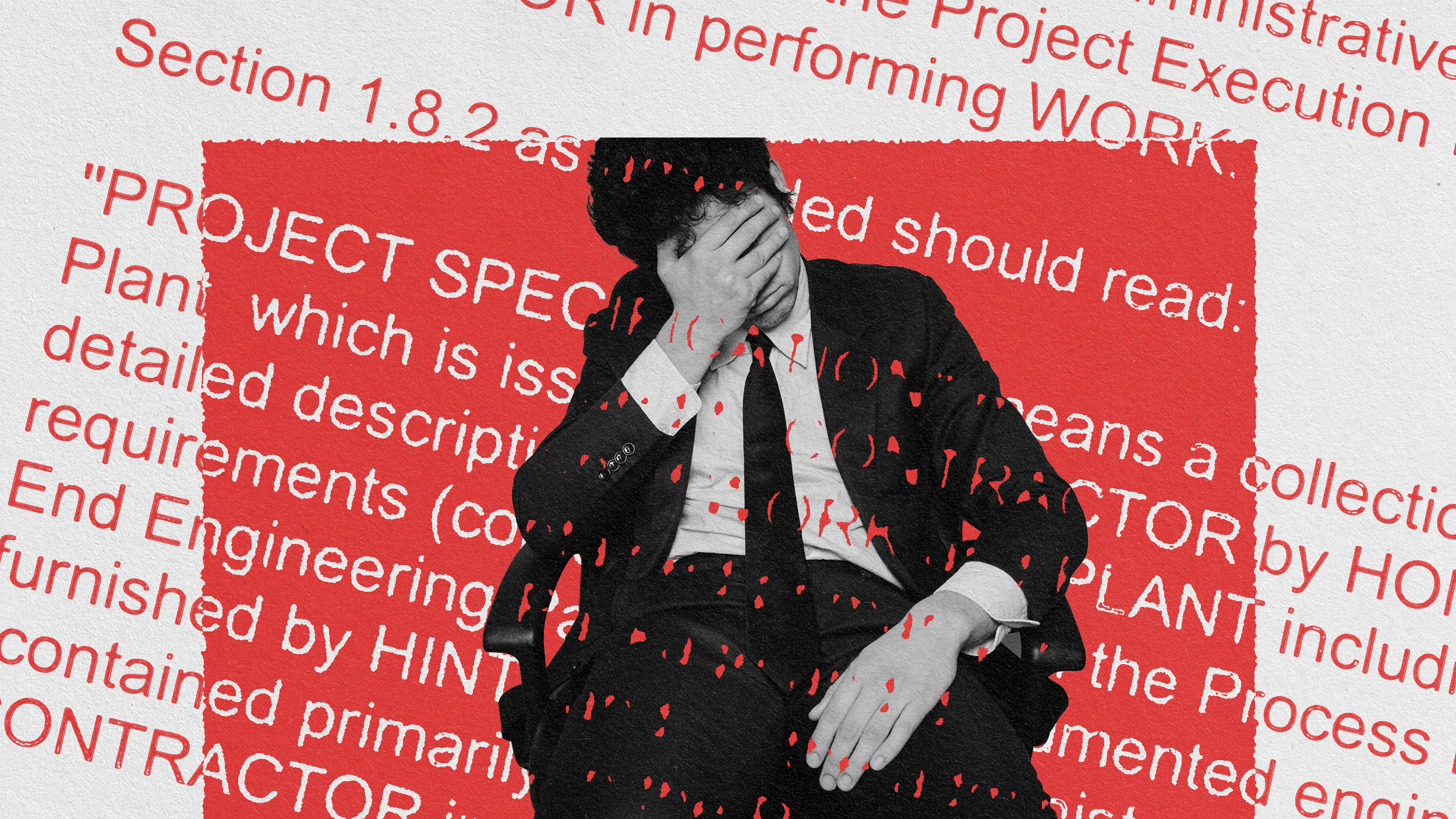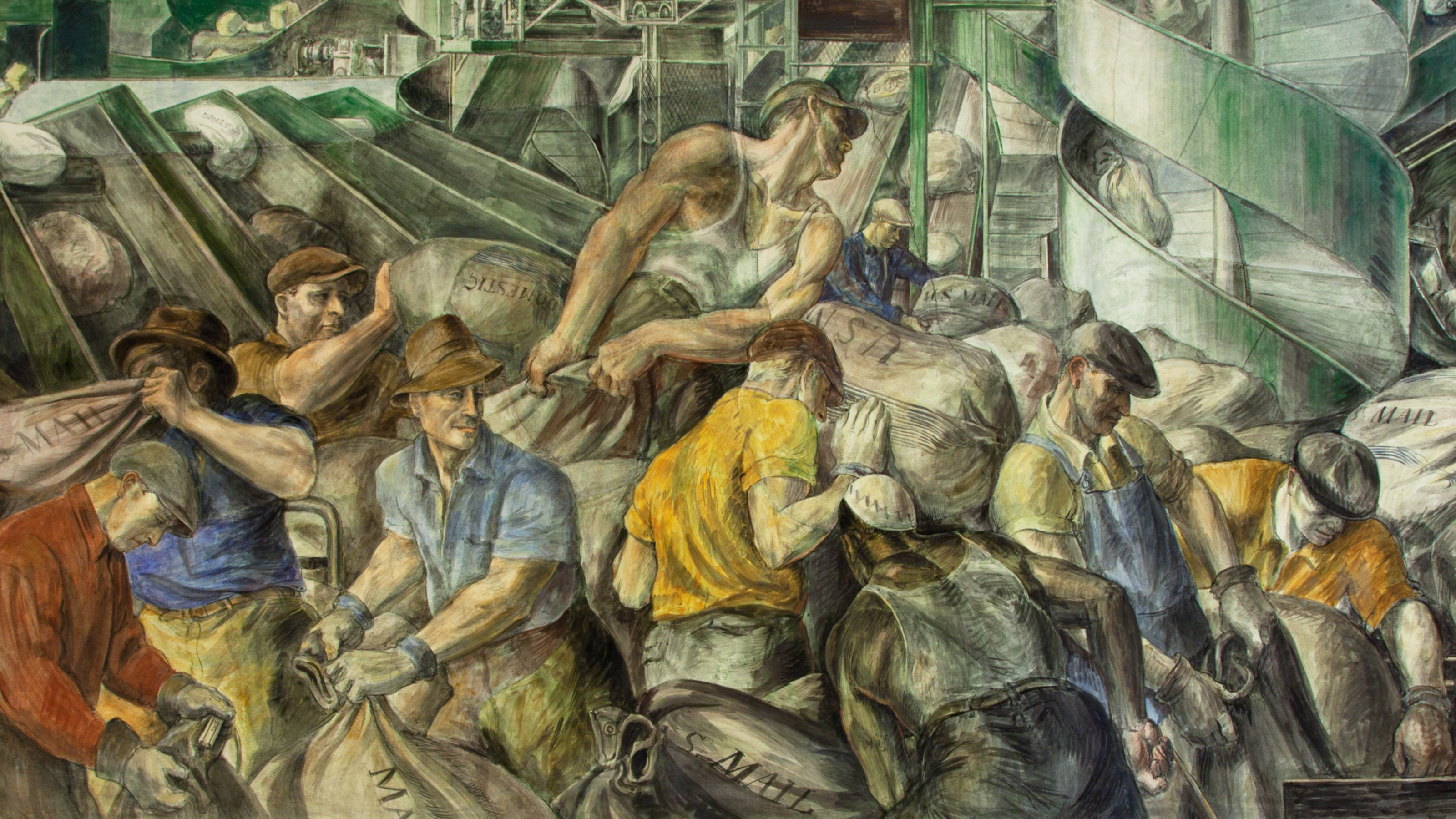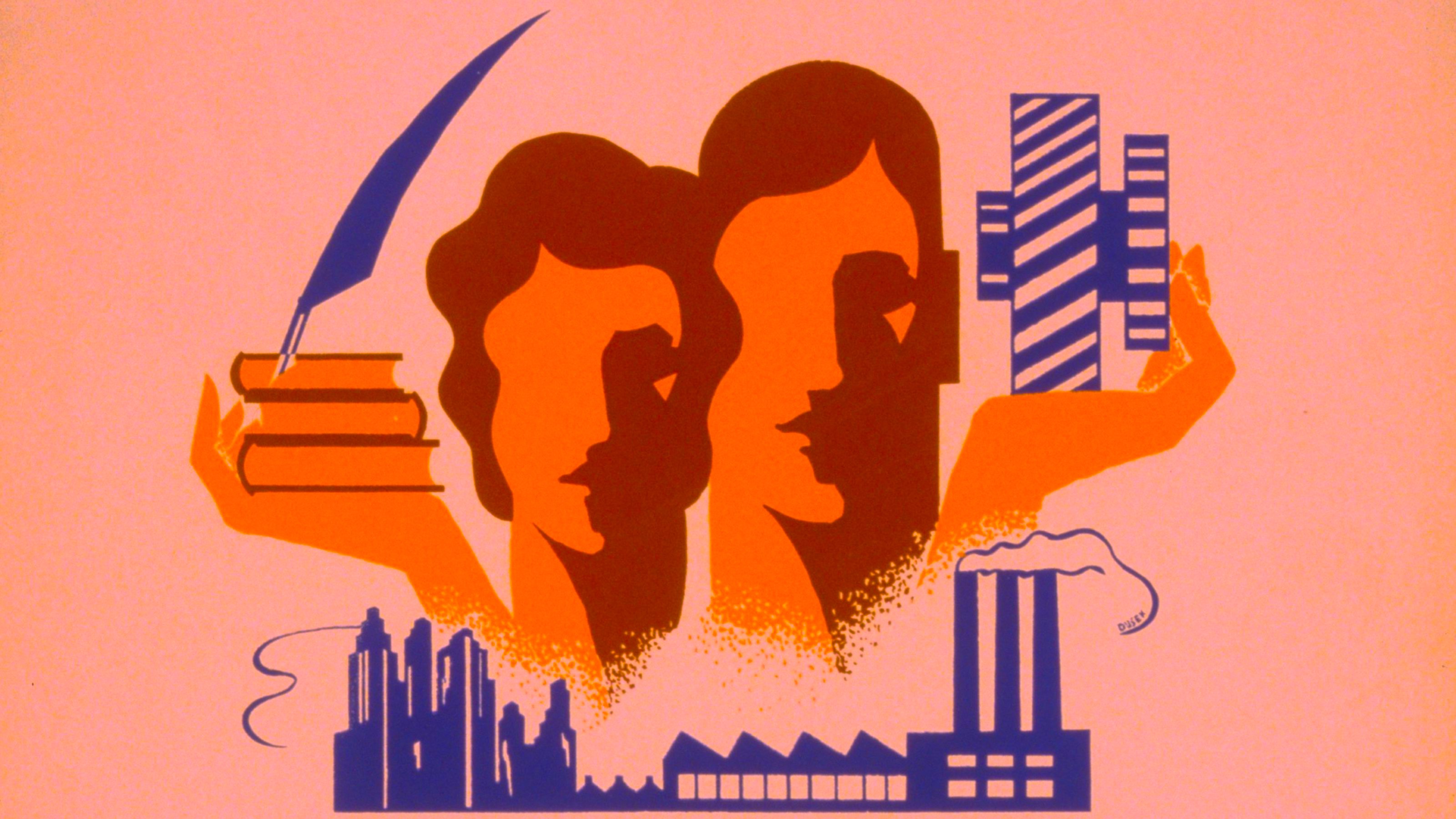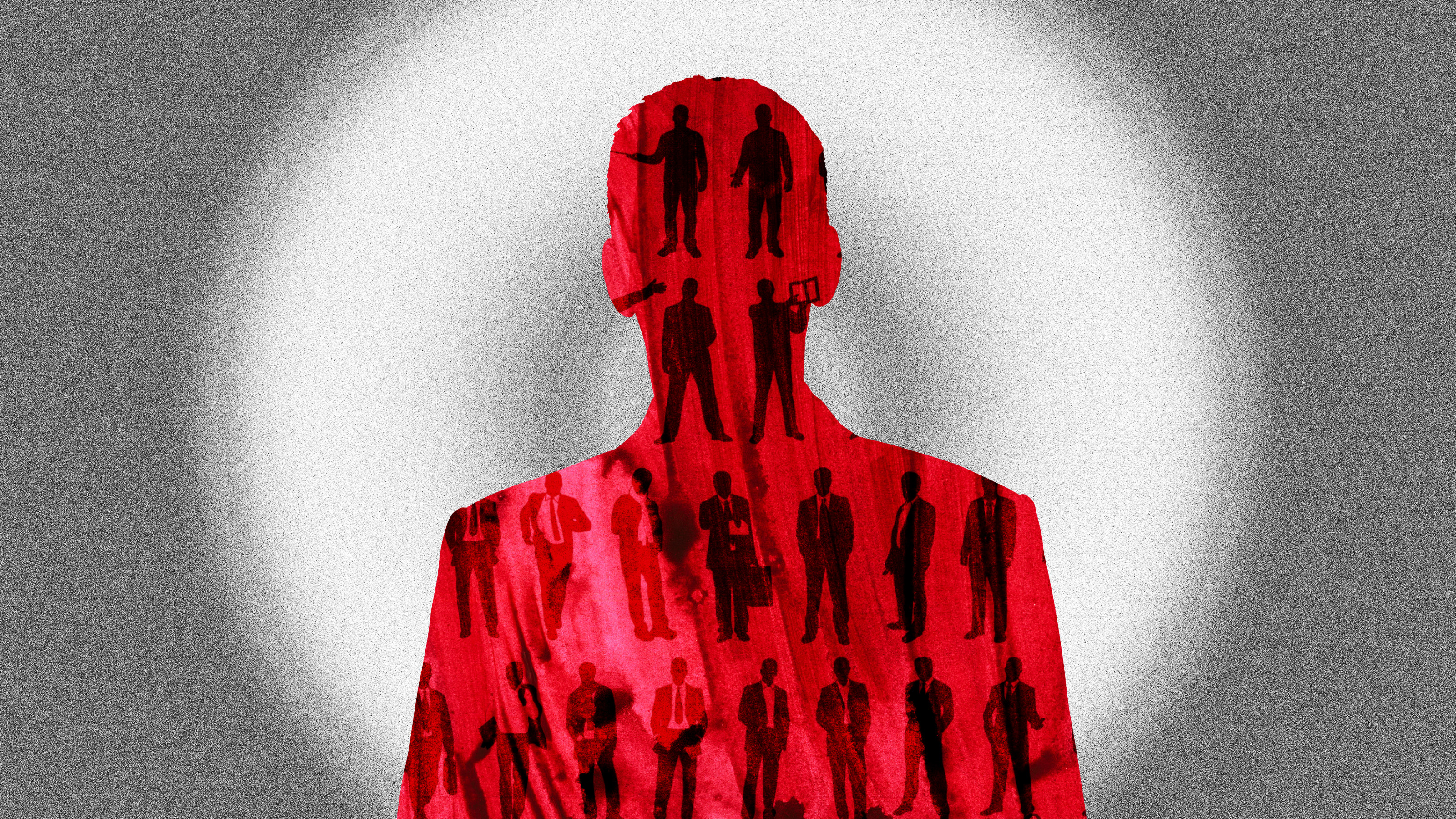PETER HOPKINS: What distinguishes greatness, what distinguishes those who succeed from those who fail is not alone their expertise. It is this parallel set of skills about how you deal with challenge? How do you approach a problem? How do you adapt a skill set to a new environment or a new context? How do you communicate in trying and difficult circumstances in ways that doesn't cause everyone around you to scatter like the wind? That is what distinguishes the truly successful from those who only accomplish at a median level or consider themselves failures. At Big Think, significance, relevance, and actionability are our editorial guide stars. They are the principles that we consider in every case when we say, "Is this worth our time? Is this worth our attention or is it not?"
And thinking through them and the relationships between each and the trade offs that exist between them defines the work we do. There are still far too few outlets who think like this, almost none relative to the need for these. And instead, what we've seen is a proliferation of sort of news-derivative content. It might be funny news. It might be listicles. It might be news slanted to the right or to the left. It is now fake news. They have news that is made up either deliberately or through some sort of daisy chain of miscommunication. But none of them come at the problem by saying, what is the best way to invest your next 60 seconds or three minutes or 10 minutes so that we can leave you as maximally enriched as possible? No one does that, except for Big Think. Edge is the inevitable evolution of our mission of helping people get smarter, faster.
If Big Think is a mezze plate, a sort of sampler platter of so many different types of things, all informed and inspired by this idea that we need to be focusing on what's significant, relevant, and actionable, Edge is the next level. We asked ourselves a couple of questions. One was, what is the most valuable learning that can be delivered through the tools that we have at hand? The tools that we have at hand are video, the internet, great thinkers and doers, watching somebody of great distinction face to face, what is it that they could tell you that would be most useful? There is a set of ideas and a set of skills we call them soft skills that are really the habits of mind and the practices of discipline that are the connective tissue between the formal hard skills that they possess. And those are the things that we really wanted to drill into. I've often compared it to sitting down for dinner with a great hero or a role model.
The most valuable thing you could learn from a luminary or somebody you admire so much really should be framed around you, around what is transferable here. What is it that you've done that I can do too? And what is not constrained by the gaps in our respective expertise, but rather is really more a function of your life experience and observations and how you managed and amplified that formal skill set In the context of applying it in the world? And that's really what Edge has emerged as, a body of totally transferable soft skills captured from the world's greatest thinkers, but really framed from the vantage point of you, the user, you, the user. And the outcome, I believe, is we've created the most valuable single library of such content, of mentorship-rich insight-driven, applied learning that has ever been created.

